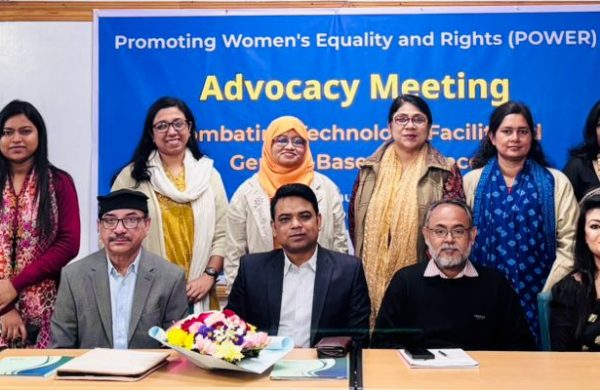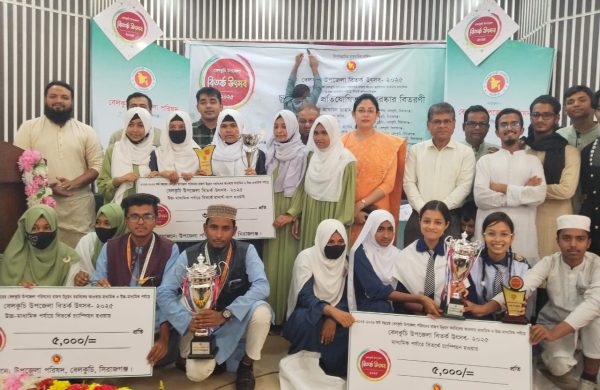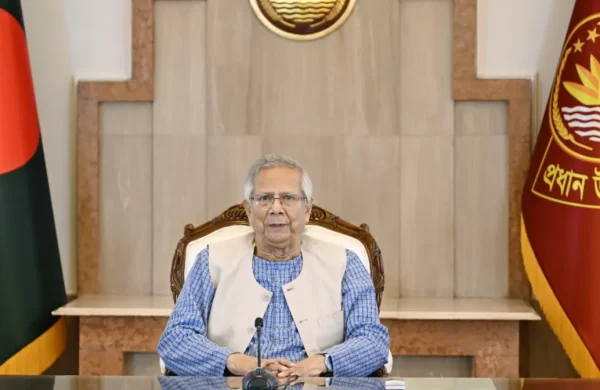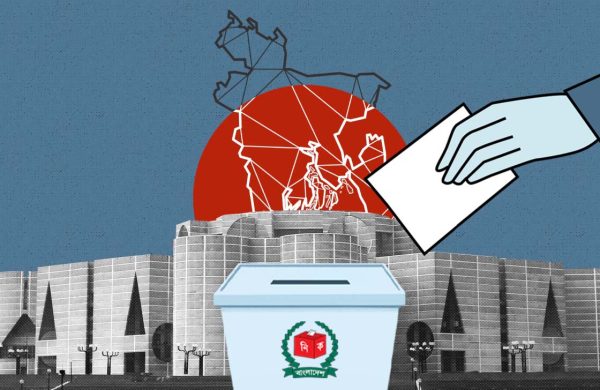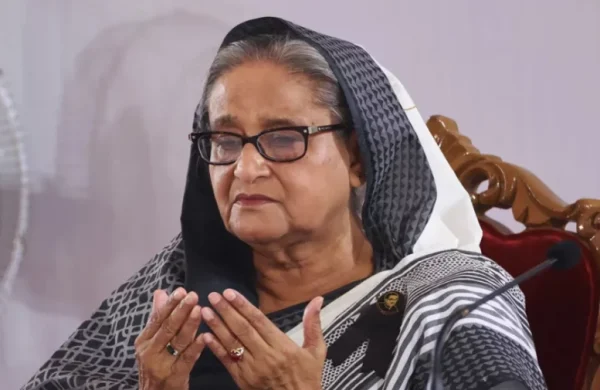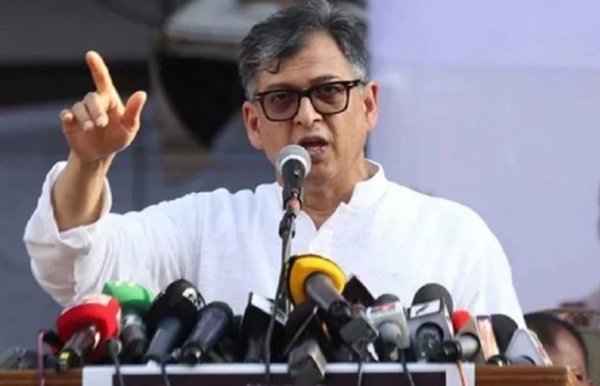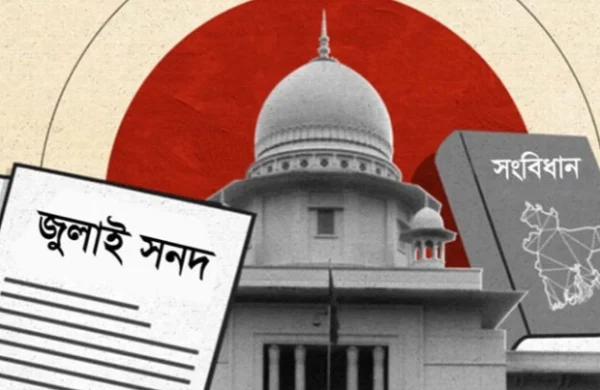Technology sector begins with bubble, concludes with rushed policy
- Update Time : Tuesday, December 31, 2024
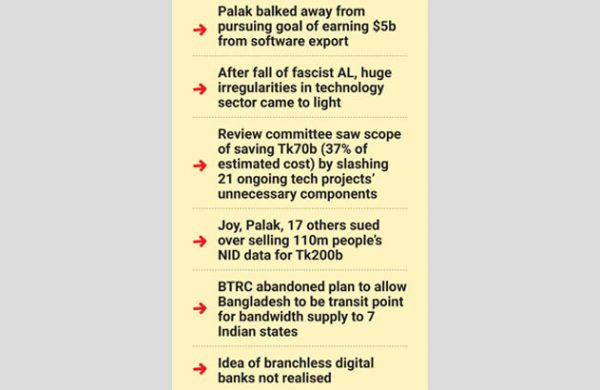
Scope to save nearly Tk70 billion by slashing unnecessary components of 21 ongoing tech projects
TDS Desk
Despite starting the year with huge optimism, the country’s technology sector, including the telecom and service industries, went through a “snag” triggered by internet shutdown, complex policies on bandwidth export and infrastructure sharing guidelines to allegedly support a particular quarter over the outgoing year.
A few months after the parliamentary elections, the ousted Awami League government had widened former state minister Zunaid Ahmed Palak’s responsibilities across the ICT Division and the Posts and Telecommunications Division.
Palak assumed office with confidence, but he retreated from pursuing his ambitious vision of $5 billion earnings per year from software export – a major portion of the technology industry. Since the goal was set, the earnings from software exports were confined to $1 billion over the years.
After entering into cabinet with Awami League ticket, Palak turned ICT Division into a corruption hub in collusion with Sajeeb Wazed Joy, advisor to the ousted prime minister Sheikh Hasina.
Industry experts alleged that the junior minister was involved in corrupted projects in association with a group of officials and entrepreneurs. The Awami League government invested around $650 billion during fiscal years 2009-10 to 2023-24 in this sector.
After the fascist Awami League government led by Sheikh Hasina fell in face of the July uprising led by the students, the interim government took office in August, and the extent of corruption in the technology sector under its 15-year autocratic rule came to light.
A review committee saw scope to save nearly Tk70 billion by slashing unnecessary components of 21 ongoing tech projects. This would amount to 37% of the estimated project costs of Tk186 billion.
In the second week of October, a case was filed against Sheikh Hasina’s son Sajeeb Wazed Joy, ex-state minister Zunaid Ahmed Palak and 17 others over allegations of selling data of the national identity cards of over 110 million people of the country illegally for Tk200 billion.
Meanwhile, the Bangladesh Telecommunication Regulatory Commission (BTRC) abandoned its plan to allow Bangladesh to be a transit point for bandwidth supply to seven northeastern states of India. It also cancelled the letter sent to the Posts and Telecommunications Division to allow the transit.
Industry experts say that the cancellation of bandwidth export seems political and could be reconsidered for earning foreign currencies. Besides, a rush is observed in BTRC’s policy formulation to benefit a specific mobile network operator on the year-end.
A new concept of digital bank without branches raised some hopes to boost the financial technology sector this year, but that too wasn’t realised amid regime change.
Technology expert Zakaria Swapan reviewed the year as a significant chapter for Bangladesh as the abuse of public funds was thwarted through the July uprising.
“Most of the funds in the technology sector come from foreign loans. So, spending public funds on a non-productive sector like hi-tech parks has an impact on inflation in the context of Bangladesh. Now, all the projects are almost stagnant due to lack of political leadership. There are some works on policy level. However, in the context of tech investment, we hope to overcome the situation after the election schedule,” Swapan, founder of Priyo Pay, told this correspondent on.
Telecom expert Sumon Ahmed Sabir thinks that technology and telecom sectors moved with “slow pace” over the year, while internet shut down during the July movement led the country to a new reality in the age of connectivity.
“We can review the first six months of this year. During that time, the industry’s growth was steady. However, we find that there were some policy reforms within a very short time. I think policy formulation should take time for thinking about long-term benefits of the country beyond the political aspects,” Sabir, an executive council member at Asia Pacific Network Information Centre (APNIC), told this correspondent.







